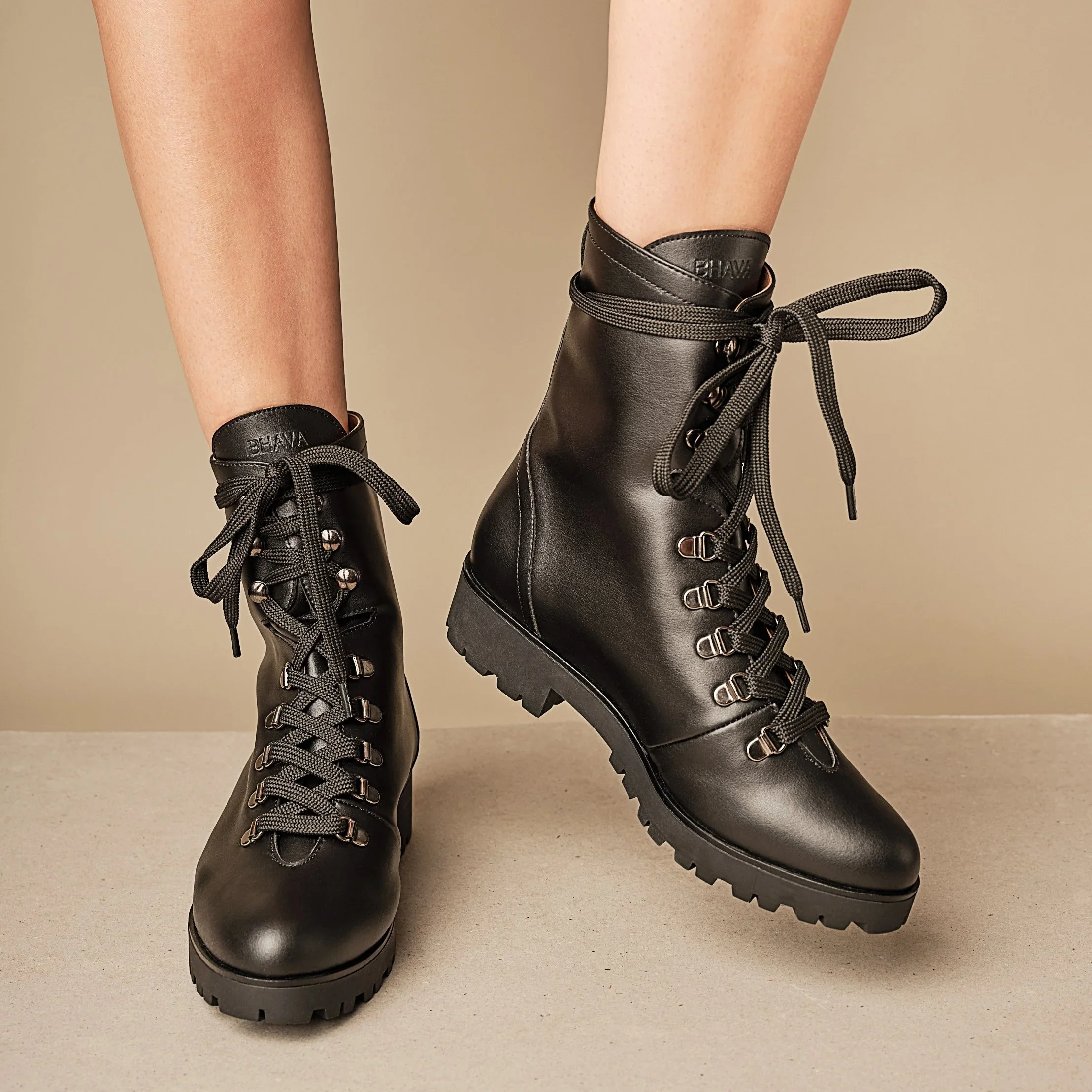Ivory, giraffe, and hippo parts found for sale across Pennsylvania, investigation reveals
From giraffe heads to ivory jewelry, wildlife parts linked to endangered animals found for sale in dozens of stores and auctions across the county.
Credit: Humane World for Animals
Wildlife traffickers are selling large amounts of illicit ivory from endangered species such as elephants, hippos, and whales at more than 60 locations across Pennsylvania, an investigation has revealed.
The results of a three-month investigation, conducted between January to March 2025 by Humane World for Animals, was released this week. The findings detail evidence collected from online auctions and marketplaces, as well as physical stores across 27 Pennsylvania counties.
In all, 18 counties were found to have vendors selling ivory or other illicit wildlife products, totaling 383 ivory items offered to investigators during the undercover operation. The total estimated value of these goods was nearly $38,000, with individual items ranging in price from $5 to $1,150.
Items included the head, neck and shoulders of a giraffe, jewelry, tusk and tooth carvings, cutlery sets, and other household and personal goods.
Elephant ivory was identified at 17 of the 63 locations investigated. Other items appeared to originate from animals including whales, walruses, hippos, and warthogs. In some cases, the source of the material could not be determined.
“Our findings are alarming,” said Whitney Teamus, senior director of investigations at Humane World for Animals. “The number of ivory items identified exceeds what we’ve seen in our previous investigations over the last several years, including in Connecticut and Florida.”
“Our findings are alarming. The number of ivory items identified exceeds what we’ve seen in our previous investigations over the last several years, including in Connecticut and Florida.”
The labeling of ivory products was found to be inconsistent, according to investigators, who observed that some vendors were unsure about the materials they were selling, while others appeared to deliberately mislabel ivory as bone. In every case where ivory was identified, no federal documentation or state permits were offered or provided upon request.
Closing the legal loopholes
Federal law prohibits the import, export, or interstate sale of products made from endangered and threatened species, such as elephant ivory and rhino horn.
In Pennsylvania, state law bans the sale of body parts from any species protected under the federal Endangered Species Act, including elephants. However, loopholes in the law remain, which advocates say could be addressed through changes to state legislation.
A bill, introduced by Pennsylvania Representative Leanne Krueger would restrict in-state sales of a broader list of species who are not currently protected under the federal Endangered Species Act.
“Other states have already passed laws to combat wildlife trafficking, and it’s time for Pennsylvania to do the same,” said Representative Krueger. “We have a responsibility to ensure Pennsylvania residents are not supporting poaching and trafficking purposefully or unwittingly. My bill outlines clear consequences for anyone who participates in the trade of protected wildlife parts, whether that person is the seller or buyer.”
Credit: Humane World for Animals
Global species in crisis
There has been a widespread decline in African elephant populations across the continent. The number of forest elephants fell by more than 86% over a period of 31 years, while the population of African savanna elephants decreased by at least 60% over the last 50 years, according to the assessments by the International Union for Conservation of Nature (IUCN). Between 10,000 to 15,000 African elephants are poached every year to meet demand for illicit ivory products.
Giraffes are being driven closer to extinction by a combination of threats, including poaching for their body parts, habitat loss, climate change, urbanization, and human population growth. The United States is the world’s leading importer and exporter of giraffe parts. Between 2006 and 2015, more than 39,000 specimens, ranging from live animals to trophies and body parts, were imported into the country. American hunters frequently travel to parts of Africa to kill giraffes and bring back skins, bones, and other remains as trophies. In response to population declines, a proposal was introduced last year to list certain giraffe species under the Endangered Species Act. Only an estimated 69,000 mature individuals remain in the wild.
Wild hippo populations are also under serious threat, having declined by as much as 20% between 1996 and 2008. The United States is the world’s largest importer of hippo parts.
We Have A Favor To Ask…
Species Unite amplifies well-researched solutions to some of the most abusive animal industries operating today.
At this crucial moment, with worldwide momentum for change building, it’s vital we share these animal-free solutions with the world - and we need your help.
We’re a nonprofit, and so to keep sharing these solutions, we’re relying on you - with your support, we can continue our essential work in growing a powerful community of animal advocates this year.




